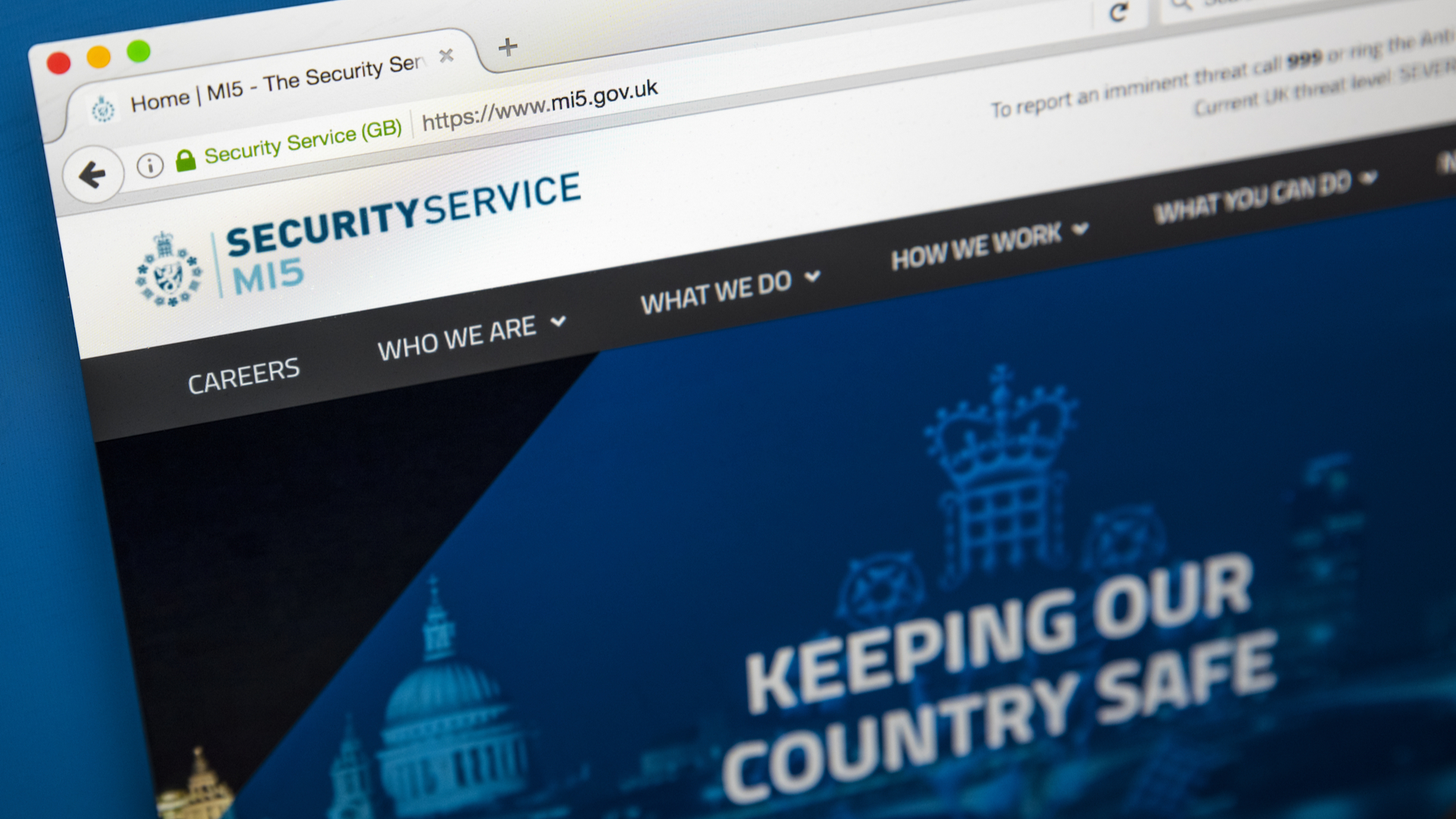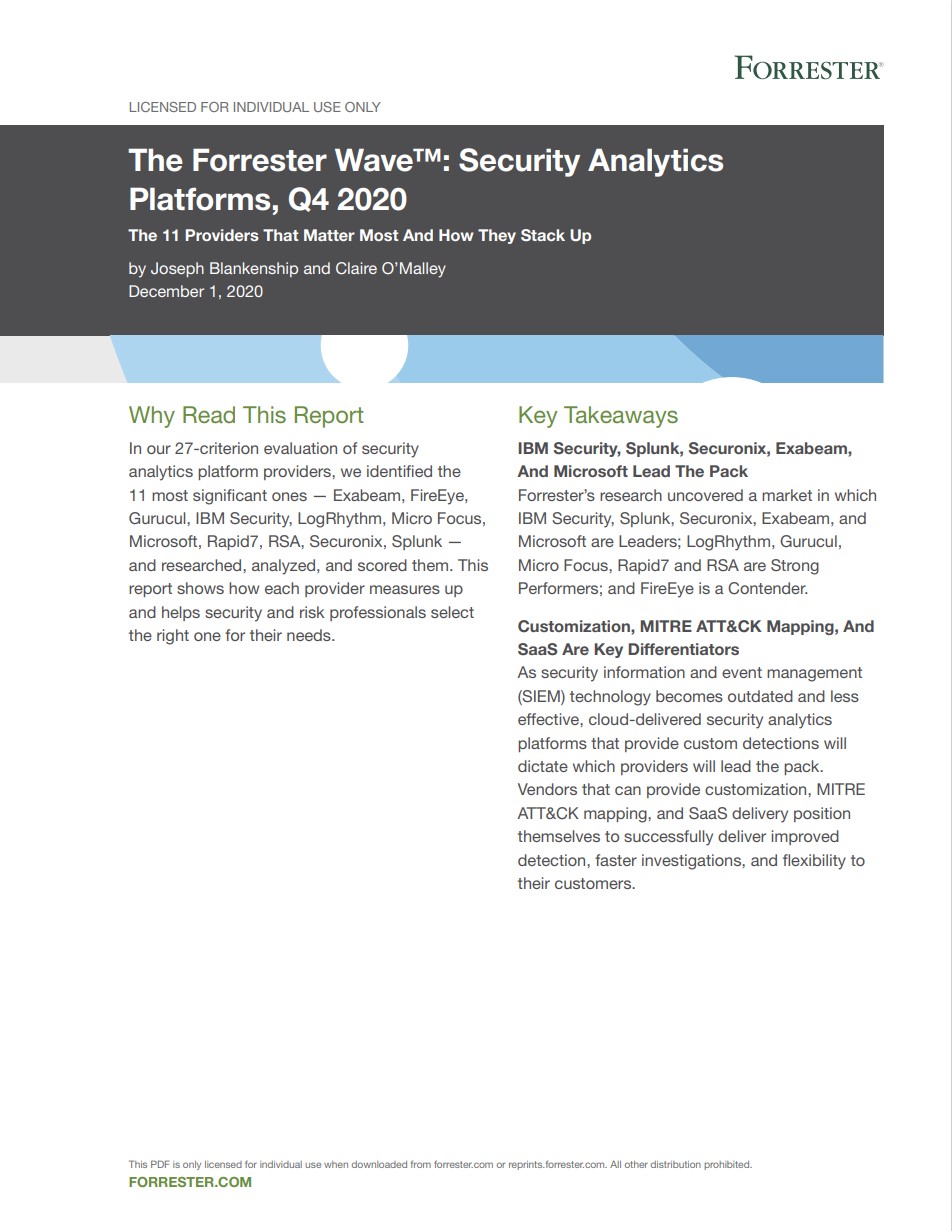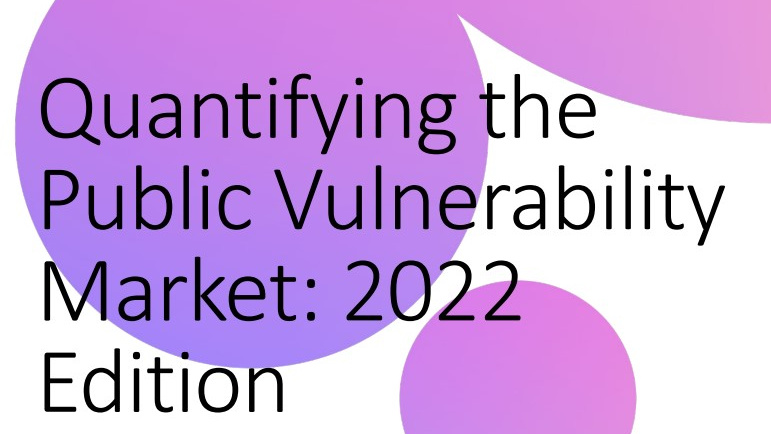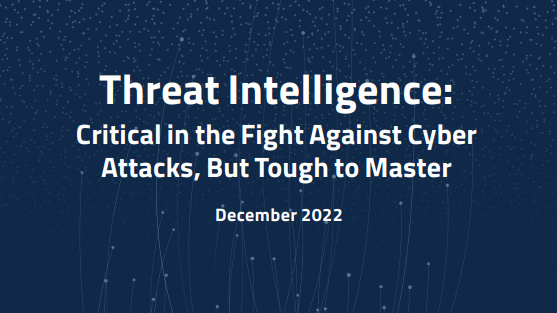MI5 chief warns public of growing cyber espionage threat
More than 10,000 people have been targeted by foreign spies in the last five years, according to the agency


The head of the UK’s domestic counter-intelligence and security agency, MI5, will today deliver a warning to the general public about the threats posed by cyber espionage.
Ken McCallum, who last year succeeded Sir Andrew Parker as Director General, will emphasise the importance of vigilance among regular people in the UK, who are being increasingly approached by foreign intelligence agencies.
The MI5 has recorded more than 10,000 cyber espionage incidents in the last five years, with many taking place on networking social media platform LinkedIn.
McCallum is expected to say that “UK victims of state espionage range way wider than just government”, in a speech scheduled for today at MI5’s Thames House headquarters.
“We see the UK’s brilliant universities and researchers having their discoveries stolen or copied; we see businesses hollowed out by the loss of advantage they’ve worked painstakingly to build. Given half a chance, hostile actors will short-circuit years of patient British research or investment. This is happening at scale. And it affects us all. UK jobs, UK public services, UK futures,” he will say.
McCallum will also urge businesses engaged in export, scientific research, and the high-tech sector to be aware of the potential risks of falling victim to cyber espionage. These could include "frustration and inconvenience”, but also “loss of livelihood, potentially up to loss of life".
However, McCallum is to add that these companies “don’t have to be scared; but be switched on”.
Get the ITPro daily newsletter
Sign up today and you will receive a free copy of our Future Focus 2025 report - the leading guidance on AI, cybersecurity and other IT challenges as per 700+ senior executives
RELATED RESOURCE

The Forrester Wave: Top security analytics platforms
The 11 providers that matter most and how they stack up
McCallum will also appeal for action across the government as well as the general public: "We must, over time, build the same public awareness and resilience to state threats that we have done over the years on terrorism," he will say.
The warning comes three months after the Centre for the Protection of National Infrastructure (CPNI) launched the Think Before You Link campaign, which aims to increase awareness of foreign agents targeting officials with access to sensitive information.
The project shares concerns that once a request has been accepted, the victim's colleagues will be more likely to accept a follow-up request as it looks like they share a mutual acquaintance. Nearly all government departments and some key industries are thought to have been targeted by fake LinkedIn accounts.
Having only graduated from City University in 2019, Sabina has already demonstrated her abilities as a keen writer and effective journalist. Currently a content writer for Drapers, Sabina spent a number of years writing for ITPro, specialising in networking and telecommunications, as well as charting the efforts of technology companies to improve their inclusion and diversity strategies, a topic close to her heart.
Sabina has also held a number of editorial roles at Harper's Bazaar, Cube Collective, and HighClouds.
-
 Bigger salaries, more burnout: Is the CISO role in crisis?
Bigger salaries, more burnout: Is the CISO role in crisis?In-depth CISOs are more stressed than ever before – but why is this and what can be done?
By Kate O'Flaherty Published
-
 Cheap cyber crime kits can be bought on the dark web for less than $25
Cheap cyber crime kits can be bought on the dark web for less than $25News Research from NordVPN shows phishing kits are now widely available on the dark web and via messaging apps like Telegram, and are often selling for less than $25.
By Emma Woollacott Published
-
 Three ways to evolve your security operations
Three ways to evolve your security operationsWhitepaper Why current approaches aren’t working
By ITPro Published
-
 Beat cyber criminals at their own game
Beat cyber criminals at their own gameWhitepaper A guide to winning the vulnerability race and protection your organization
By ITPro Published
-
 Quantifying the public vulnerability market: 2022 edition
Quantifying the public vulnerability market: 2022 editionWhitepaper An analysis of vulnerability disclosures, impact severity, and product analysis
By ITPro Published
-
 Same cyberthreat, different story
Same cyberthreat, different storyWhitepaper How security, risk, and technology asset management teams collaborate to easily manage vulnerabilities
By ITPro Published
-
 Business value of ServiceNow security operations
Business value of ServiceNow security operationsWhitepaper Experience transformational gains from automating workflows and data-sharing among IT, security, and risk teams to rapidly remediate threats
By ITPro Published
-
 Cybercriminals are resilient. How about you?
Cybercriminals are resilient. How about you?Whitepaper Stay ahead of those agile bad actors
By ITPro Published
-
 Threat Intelligence: Critical in the fight against cyber attacks, but tough to master
Threat Intelligence: Critical in the fight against cyber attacks, but tough to masterWhitepaper Discover why many claim Threat Intelligence is extremely important in protecting their company and data
By ITPro Published
-
 State of ransomware readiness 2022
State of ransomware readiness 2022Whitepaper Reducing the personal and business cost
By ITPro Published